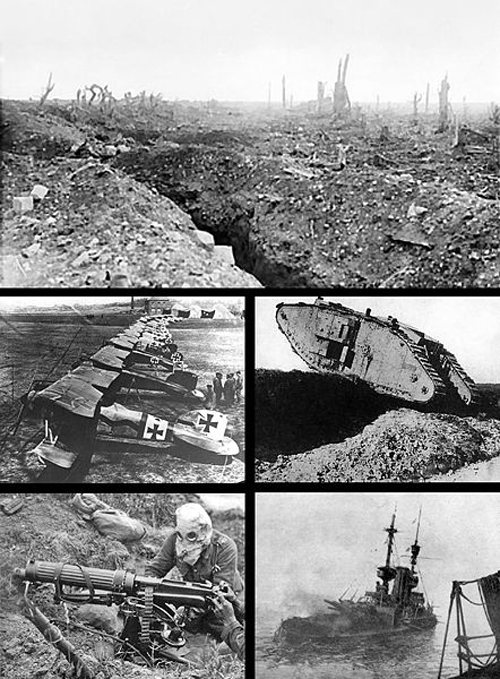What did you do in The Great War? A family mystery explored
Historian article

Research into family history is well-known as likely to dig up some uncomfortable evidence. Nearly every family has had its bastards; nearly every generation has had someone on poor relief. We had both. But more troubling was my recent suspicion that a hundred or so years ago not one but two members of my family had gone through separate love-hate relationships with the British Army.
In a previous number of The Historian (Spring 2008) I told the story of how and why about 1880 my Irish great-grandfather - Peter Paton/John Harrison - first volunteered for the army but then deserted, and how he changed his family's name to ‘Harrison' in order to cover his tracks. He was never caught; but his drastic action meant decades of recurring unease when family members came to register successive births, marriages and deaths. Now another case of an ancestor seeming to have blown hot and cold about serving in the army has come to light - not another example of desertion but of something which initially I found baffling.
I have had to explain why and how it was that one of my great uncles served for four years in the Territorial Force just before the First World War, and yet did not return to serve again in the army until the very last weeks of that war. Had he deliberately avoided wartime military service for as long as he could, despite being a trained peacetime soldier? In other words, had he shown himself to be by implication a coward? These suspicions have been neither confirmed nor removed. But it remains a curious story, and it reveals an interesting interplay between family and national history.
The story is all about George Eaton. He was a son-in-law of Peter Paton, the family deserter exposed in my previous article. George Henry Eaton married Ada Harrison, at Gorton, Manchester, on 6 June 1914. On their marriage-certificate George gave his occupation as a ‘carter'. He was in fact a railway carter, although we do not know for which company. Ada was the deserter's youngest child, aged 24 at marriage; George was three years younger. The couple did not know it, but this was a mere two months before the outbreak of the First World War. Just enough evidence from the period has been handed down. In addition to the couple's marriage-certificate, we have various forms and photographs which relate to George's military career. These were left behind by his youngest daughter, Ann, when she died in 2007. In addition, War Office documentation about George's service in the pre-war Territorial Force is now accessible on the Internet.
This resource is FREE for Student HA Members.
Non HA Members can get instant access for £2.75

